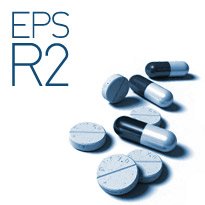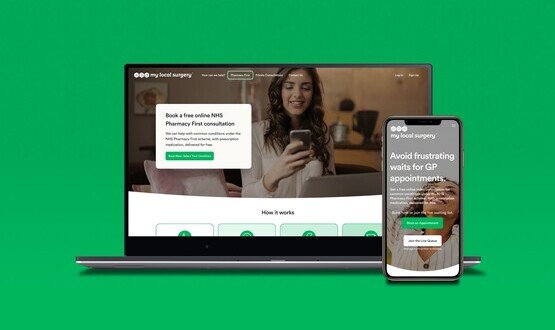A third of GPs live with EPS R2
- 7 October 2014

A third of GP practices in England are now live with the Electronic Prescription Service Release 2, the Health and Social Care Information Centre has said.
A spokesperson from the HSCIC told EHI that it is aiming for more than 40% of GPs to be live with EPS R2 by the end of March 2015 and that “based on current progress we estimate that 70% of GPs will be live by end of December 2016.”
EPS R2 allows practices in England to produce prescriptions electronically. These are digitally signed and sent to the pharmacy chosen, or “nominated”, by the patient.
The service was originally due to be rolled out in 2007 but the first deployment at a practice and pharmacy did not happen until July 2009. Since then, progress has been slow but steady.
As of 25 September, 96% of pharmacies (2,770) were live with EPS R2, and figures from the HSCIC show that more than 43m prescriptions have been sent through the service to them.
The HSCIC said that another 785 GP practices have planned go-live dates, including the first go-lives in 11 clinical commissioning groups.
All prescriptions are sent to pharmacies through the Spine and the recent go-live of the Spine replacement, Spine 2, originally caused an issue in relation to the migration of specific prescription data.
This impacted prescriptions sent through EPS R2 that had been downloaded by a nominated site and then returned to the Spine for not being dispensed or claimed.
Pharmacies then found that thee prescriptions re-appeared in their system. However, the issue was solved approximately two weeks after the go-live.
In 2012, the Department of Health undertook an evaluation of EPS R2, found that there were few strong incentives for general practices to adopt it, and said it was unlikely to have a swift and smooth national uptake.
A spokesperson from the HSCIC told EHI that deploying EPS R2 was a challenge, but that there are real benefits to been seen from it.
“One of the challenges of the implementation of EPS has been enabling different parts of the health service to work with together to make the service a success,” said the spokesperson.
“However, we have been working hard to support stakeholders through this and where this happens there are benefits for GPs, pharmacists and patients.
“These include making the process more streamlined for GPs when they need to sign prescriptions, issue repeats or cancel prescriptions. For pharmacists the benefits include reducing administrative burden and for patients EPS has the capacity to reduce waiting times to receive their medication.”
The figures show that more than 10m patient nominations have been set to enable the prescriptions to be sent to a pharmacy or dispenser of the patient’s choosing.
All four major GP systems suppliers, TPP, Emis, INPS and Microtest all have been enabled to use EPS R2.



